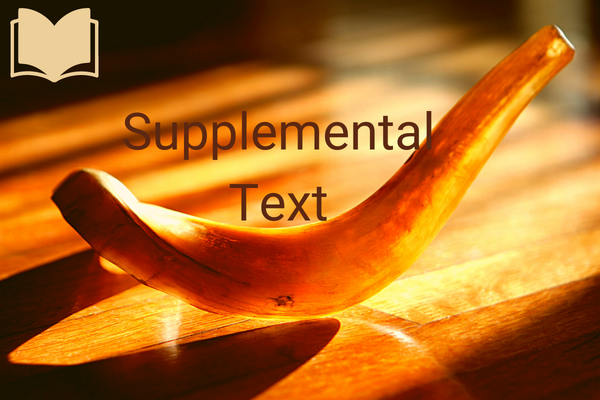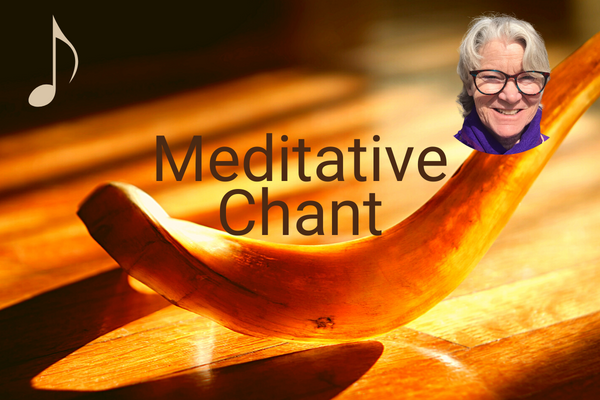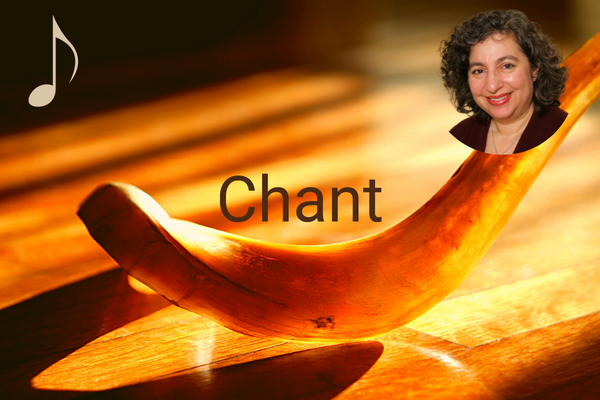ELUL 5782: TZELEM ELOKIM
In the Likeness of God
WELCOME TO WEEK THREE
WEEK THREE ELUL SPONSORS

This Week's Sponsors are Irv and Ellen Robinson, Leawood, KS, in memory of their parents:
Ellen’s parents: Jack and Freda Rose Miller,
Ya’akov and Fruma
Irv’s parents: Bernard and Cecelia Robinson,
Binyamin and Tzitzi Leah
לעילוי נשמת יעקב ופרומא ז"ל
לעילוי נשמת בנימין בן צבי הירש וציצי לאה בת אברהם אליהו ז"ל
Ellen:
It is with great respect that I honor both of you for teaching me the values of generosity, kindness and making a difference. You live on through me and everyone you have touched. Our hearts are always connected.
Irv:
I am grateful for all the sacrifices you made for my benefit. You showed me how to work hard for what one wants and to never give up. You showed me how to be a generous giver even when there wasn’t a whole lot to give, and to be generous with one’s time. I learned how to be kind even when it wasn’t easy. Thank you for teaching me to set the bar high and make a difference. You put so much emphasis on learning and I still am. Thank you for loving me.
We are grateful to our sponsors who will bring us each week of this year's program. The final week, in the tradition of Elul, we invite all of our Chaverim to make a $36 donation in honor and merit of a loved one, may their memory be a blessing. Each of our donors and their honorees will be listed during the final week’s email and on our website.
WEEK THREE LEARNING
The Divine Attribute of Selichah
Welcome to week three of our Elul program. Our text turns to the Divine attribute of Selichah/Forgiveness. R. Amy Eilberg applies an Elul lens as we step closer to the Day of Forgiveness and Atonement – Yom Kippur, and guides us through the challenge and the opportunity that are the essence of this middah. Kate Shane and Judith Golden present stirring chants bringing to life the effort and strength needed to “wash away the stain” of transgression. Supplemental study texts from Rambam and Pirkei Avot, as well as an excerpt from the Yom Kippur Machzor, underscore the importance that Forgiveness has in our personal spiritual practice.
PRIMARY TEXT & ZOOM
Join us for this week's webinar:
9/11, 2:30 - 4:00 p.m. ET
Selicha/Forgiveness with
R. Amy Eilberg
THIS WEEK'S ELUL TEACHER
Rabbi Amy Eilberg
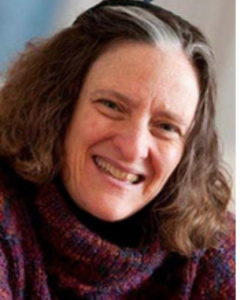
On May 12, 1985, at the age of thirty, Amy Eilberg became the first woman ordained in Conservative Judaism. In 1986 she became the first woman appointed to serve on the Rabbinical Assembly Committee on Jewish Law and Standards. Following her passion to care for the ill, she served as a chaplain at Methodist Hospital in Indianapolis and as hospice chaplain for the Jewish Hospice Program in Philadelphia. She helped found the San Francisco Bay Area Jewish Healing Center which, at the height of the AIDS crisis, offered spiritual care to Jews people living with illness, death, and loss.
WEEK THREE LEARNING MATERIALS
Rambam, Mishneh Torah, Laws of Teshuva ch. 2
Halacha 9
Teshuva and Yom Kippur atone only for sins between a person and God, such as eating a forbidden food, having prohibited intercourse, etc. Sins such as injuring, cursing, stealing, etc., which are between one person and another, cannot be atoned for until one has paid their debt to the person one has harmed, and sought to resolve the issue with them. Even though one may have repaid the debt, one still has to approach [the person they wronged] and ask for forgiveness. Even if one only belittled another verbally, one has to ask for forgiveness and make amends, until the other grants forgiveness.
[continue reading in downloadable text]
Selichah by Kate Shane
Words of Chant:
‘Holy One, Blessed are You,
You forgive and wash the stain away.’
Source Text:
“A person sins and the Holy Blessed One – Godself [b’Atzmo], and not through an emissary - fixes the crookedness/sin, and washes away the stain of the transgression.”
Tomer Devorah / The Palm Tree of Deborah, ch. 1
Selichah by Judith Golden
סְּלִיחָה ,תְשׁוּבָה ,כַּפָּרָה
Ka-pa-rah, t’shu-vah, s’li-chah
שׁוֹלֵחַ מֵימֵי רְחִיצָה
וְעוֹבֵד וְרוֹחֵץ הַפֶּשַׁע
Sho-lei-ach mei-mei r’chi-tza
v’o-veid v’ro-cheitz ha-peh-sha
“G-d sends purifying waters and washes away the sin.”
Tomer Devorah ch. 1
סְּלִיחָה ,תְשׁוּבָה ,כַּפָּרָה
Ka-pa-rah, t’shu-vah, s’li-chah
"הֲלֹא אִם תֵּיטִיב שְׂאֵת"
Ha-lo im tei-tiv s’eit
“If you do good, will you not be uplifted…?”
Bereishit 4:7 as quoted in Tomer Devorah ch. 4.
סְּלִיחָה ,תְשׁוּבָה ,כַּפָּרָה
Ka-pa-rah, t’shu-vah, s’li-chah
Atone and return to forgiveness
Cleansing waters are sent to you.
Do your work to right your wrongs.
Atone and return to forgiveness
If you do goodness, you will be lifted.
Atone and return to forgiveness
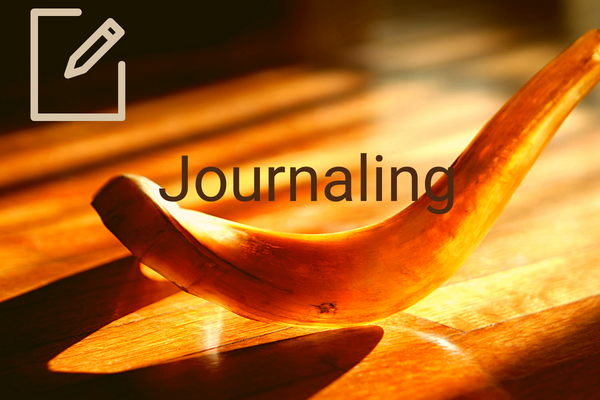
1. The Tomer Devorah text seems to anticipate that when we’ve been harmed, we may be tempted to say, “Shall I fix what this person has sinned or destroyed?" - that is, Why should I forgive before the other has done their own teshuva? Do you recognize this question? What makes this hard to work with? Which middot might be getting in the way of you being more forgiving? Which middot might you call upon to cultivate a willingness to forgive even when the person has not made amends?
2. For your Elul preparation and as we approach the Ten Days of Teshuva, consider a person to whom you harbor resentment. What steps might you take to remove the resentment in your heart and to forgive this person wholeheartedly?
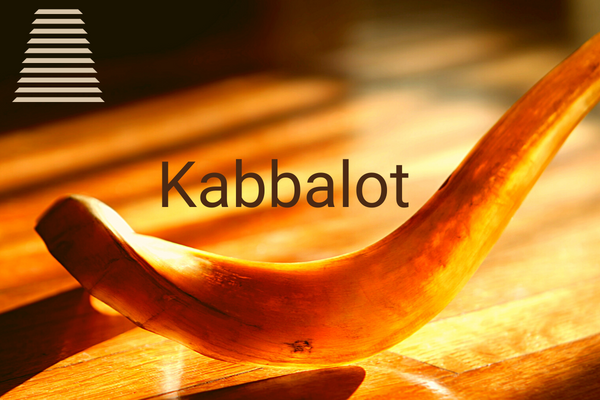
There is an ancient custom dating back to at least the 14th century that Jews forgive each other with a full heart as they approach Yom Kippur. Rabbi Shlomo Wolbe cautions that forgiving others superficially while maintaining resentment in our hearts will not fulfill our obligation. “One who has not removed from their heart the resentment and the grudge, is forbidden to mouth the words, ‘I forgive you,’ because that would be deceitful.” Removing resentment from one’s heart is extremely difficult and must be engaged in with seriousness and honesty.
1. During this week, consider to whom you harbor resentment in your heart. Reflect upon how the middah of compassion (or any other middah) might allow you to remove the resentment.
2. Invoke your middah of compassion (or any other chosen middah), open your heart and reach out to forgive the person who has offended you.
3. If you identify someone you harbor resentment toward but are unable at this time to forgive, spend some time reflecting upon your feelings and commit to recording your reflections in your journal. Affirm your aspiration to be more forgiving and pray for the ability to model the Divine and to forgive.

